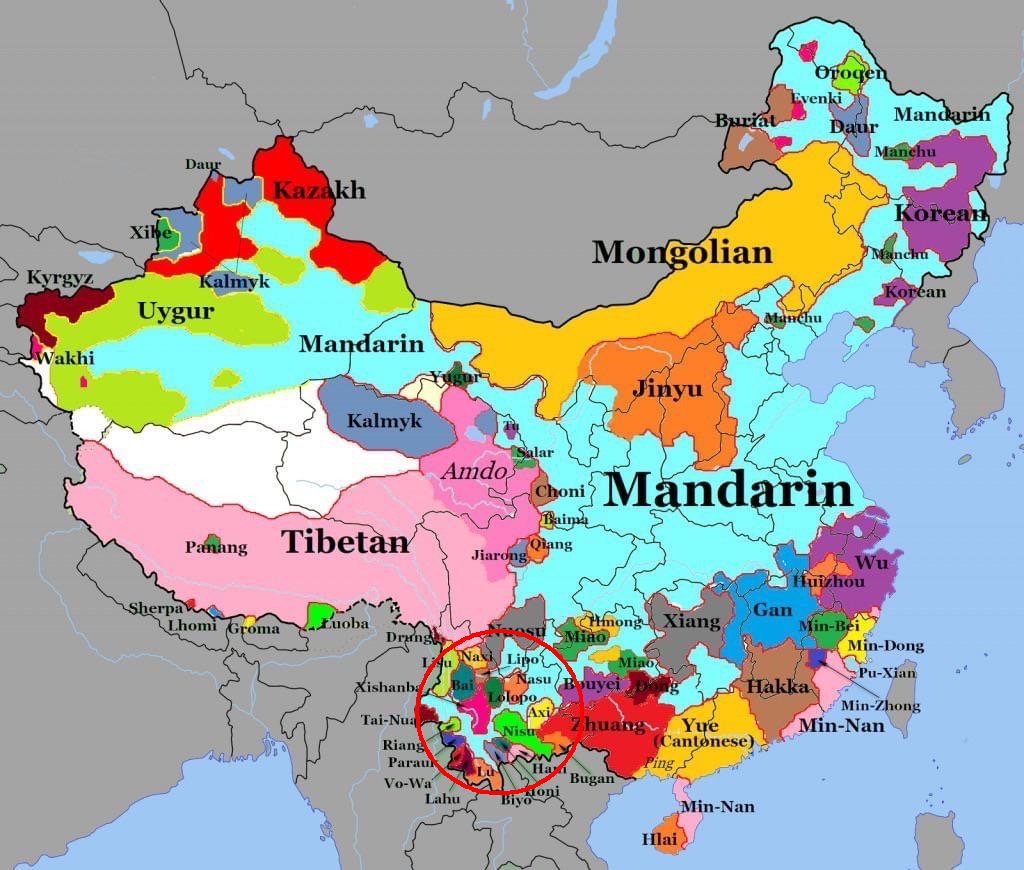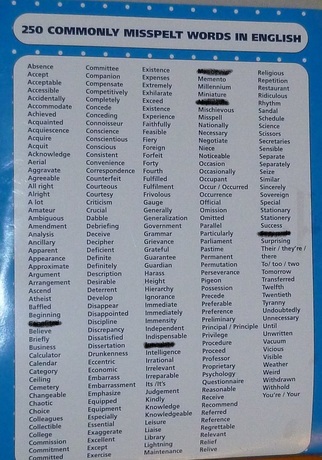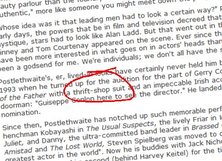|
After 20+ years in China, you'd think I'd be fluent in Chinese. You'd be wrong. I can only read 100-200 characters (JD can read 3500+) and, although I can speak enough Chinese to buy stuff and travel around, I still can't hold a decent conversation. Part of this is from not actively pursuing foreign language opportunities (I tend to mix with English-speakers - foreign and Chinese - and I don't watch Chinese TV or radio). Part is due to a wife and son who speak English and translate Chinese for me. Part is due to not being good at learning languages and a large part is just laziness. Another small part, however, is the general lack of standard Mandarin heard here. It was interesting that I understood a lot more spoken Chinese when we were in Beijing on holiday recently. You can see from the map above just how many other dialects and languages are spoken in Yunnan (marked by a red circle). It makes for a very special, diverse Province full of ethnic minorities but it doesn't exactly help with language learning. That's my excuse, anyway!
0 Comments
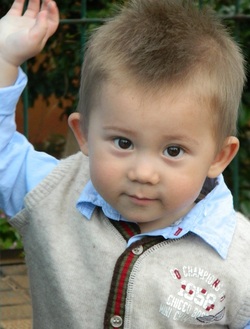 JD is growing up fast (cliché, or what!) and learning new words almost daily, it seems. One episode had me confused the other day though. After nibbling a biscuit, he looked at me and said "Mia, mia, mia..."!? I was puzzled and thought it might be Chinese, so I asked the Nanny. No, she said, it's English from his "Dora the Explorer" DVD and it means delicious!? I later watched the DVD and the penny finally dropped when the monkey ate a banana and said "Yum, yum yum...!" which does indeed sound remarkably like "Mia, mia, mia..."! It made for a fun anecdote to tell each of my classes over this last weekend - just the right level of language and humour for them to understand and appreciate. We've had this odd-looking vegetable a couple of times at home recently. It looks a bit like Brussel Sprouts and tastes similarly yummy. I'm a big Brussel sprout fan, so I was intrigued to find out exactly its English name, if it has one. Inspired by recent Holmes TV series (both "Elementary" and "Sherlock") I started my investigation... 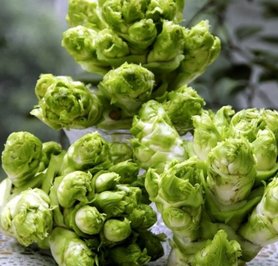 Ma-in-law mumbled something like "Urgh! Sigh!", and the nanny later confirmed that "er cài" (儿菜) is its name in local dialect, literally "children vegetable"!? Ava couldn't help - she didn't even know how to write the local name in Chinese characters. The first two colleagues I asked at work had no idea what I was talking about. The third said it's proper name was "Da tóu cài" (大头菜), which translates literally as "big head vegetable". However, further investigation revealed this to be swede or rutabaga. 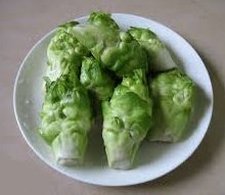 Another fellow teacher, "Kelly", agreed to look into it for me and came back with a proper name of "bào zǐ cài" (抱子菜) which translates literally as, "holding babies vegetable"! And the English for that comes back as "Brussells vegetable". Bingo! And that seemed to be the end of the trail. Until, that is, I typed in "Brussel sprouts" into another online dictionary and found a totally different name, "qiú yá gānlán" (球芽甘蓝). The mystery continues... I saw an interesting list of 250 commonly misspelt (mispelled? misspellt?) words the other day. Test your word knowledge by choosing the correct spelling for each below:
(ɐ) ǝɹɐ sɹǝʍsuɐ ʇɔǝɹɹoɔ ǝɥʇ llɐ
 If you saw a couple having breakfast, would you ask "Who are eating breakfast there?" or "Who is eating breakfast there?". This is the sort of question I'm often asked at school by perplexed Chinese teachers. And, as ever, a seemingly simple question gets more complex the more you think about it. "That couple is having breakfast" or "That couple are having breakfast"? "The couple is old / are old?"?? All a bit mystifying when put on the spot! |
AuthorPaul Hider lived & worked in China for over 20 years and kept this blog to share his rather odd life there. Past blog entries
July 2024
Tags
All
|
